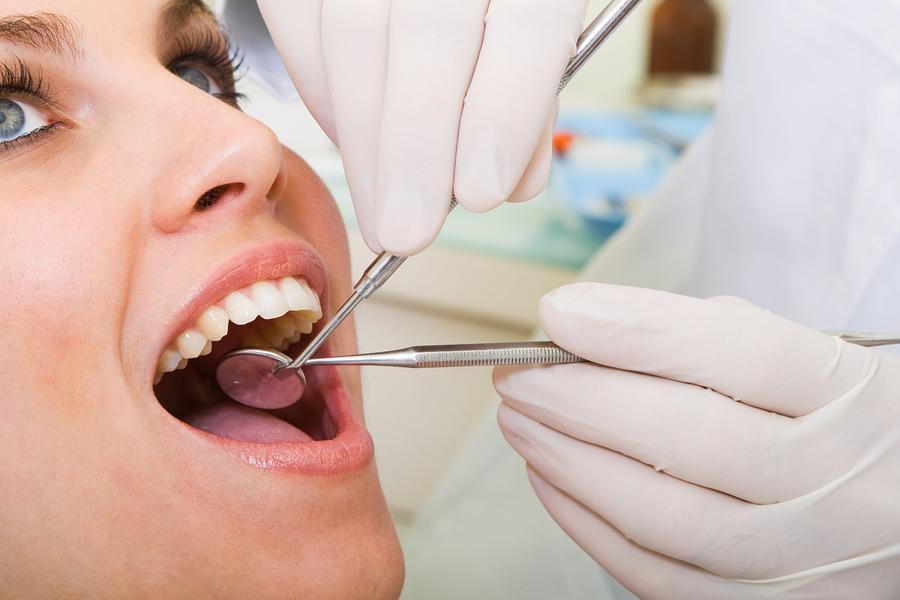Why Veneers Are the Perfect Remedy for a Spectacular Smile in Washington DC
Why Veneers Are the Perfect Remedy for a Spectacular Smile in Washington DC
Blog Article
Common Questions Concerning Oral Veneers Responded To
Dental veneers have come to be an increasingly desired alternative for those seeking to improve their smiles, yet many individuals continue to be uncertain concerning numerous elements of their use. Trick concerns typically occur regarding the application procedure, durability, and potential threats connected with these cosmetic improvements. Additionally, the distinction in between porcelain and composite veneers can considerably affect one's option. As we explore these typical inquiries, it comes to be important to consider not just the benefits yet likewise the effects of going with oral veneers in quest of an extra positive look. What aspects should one weigh prior to making such a choice?
What Are Oral Veneers?
Dental veneers are thin, tailor-made coverings crafted from porcelain or composite resin that are developed to cover the front surface area of teeth. These oral prosthetics offer both aesthetic and functional objectives, providing an option for different oral blemishes, consisting of discoloration, chips, gaps, and misalignment. By adhering to the teeth, veneers can considerably boost the general look of a smile, creating an extra uniform and eye-catching appearance.
Porcelain veneers are especially favored for their all-natural clarity and stain resistance, making them a suitable selection for individuals seeking lasting results. In comparison, composite material veneers are typically much less expensive and can be used in a single browse through, yet they may not supply the same sturdiness as porcelain options.
The decision to go with dental veneers commonly comes from a wish for aesthetic enhancement, however individuals need to likewise consider factors such as the long life of the product, upkeep demands, and the potential need for tooth decrease (Veneers). Inevitably, oral veneers represent a reliable and functional option for attaining a radiant smile, catering to specific cosmetic demands while promoting confidence and self-worth
How Are Veneers Applied?
The application procedure for veneers needs careful planning and precision to ensure optimal outcomes. The treatment typically begins with an extensive appointment, where the dentist assesses the client's oral health, goes over preferred results, and figures out the suitable sort of veneers, whether porcelain or composite material.
When the therapy strategy is developed, the dental practitioner prepares the teeth by eliminating a thin layer of enamel, generally regarding 0.5 mm to 1 mm, to accommodate the veneer. This action is critical as it makes sure a proper fit and prevents the veneers from appearing large - Veneers. After prep work, perceptions of the teeth are required to develop custom-made veneers that match the individual's special dental structure and aesthetic preferences
While the irreversible veneers are being fabricated in a dental research laboratory, short-lived veneers might be placed to safeguard the prepared teeth. When the permanent veneers are ready, the dental professional will meticulously bond them to the teeth making use of a strong oral adhesive.
What Are the Benefits?

Furthermore, veneers are recognized for their longevity and resistance to tarnishing compared to all-natural teeth. Made from top quality materials such as porcelain or composite resin, they can keep their appearance for years with proper treatment. This long life makes them a sensible financial investment in one's oral appearance.
Along with aesthetic improvements, veneers can likewise add to improved oral health. By covering damaged or compromised teeth, they can provide added assistance and security, helping to prevent additional decay or wear and tear. This safety aspect can lower the need for a lot more substantial oral procedures in the future.

For How Long Do They Last?
With appropriate treatment and maintenance, oral veneers can last anywhere from 10 to 15 years, making them a long-lasting option for improving one's smile. The longevity of veneers greatly depends upon the material used, the quality of the initial placement, and the client's adherence to oral health techniques.
Porcelain veneers are understood for their durability and resistance to staining, generally lasting closer to the 15-year mark when taken care of suitably. Compound veneers, while extra budget friendly, may require substitute earlier, typically within 5 to 10 years as a result of their sensitivity to put on and discoloration.

Additionally, wearing a mouthguard throughout sporting activities or websites nighttime can provide extra security. Eventually, while veneers use a substantial visual enhancement, their longevity is substantially affected by the commitment to proper oral care and regular appointments with a dental specialist.
Are There Any Type Of Dangers?
Taking into consideration the transformative impacts of oral veneers, it is very important to acknowledge the prospective dangers related to their application. While veneers can boost the appearance of teeth, the treatment entails the removal of a slim layer of enamel, which can increase tooth sensitivity and vulnerability to decay.
One considerable danger is the opportunity of incorrect placement or suitable, leading to discomfort, bite imbalance, and even damages to the underlying tooth framework. Additionally, if the veneers are not maintained correctly, they can become tarnished or damaged over time, demanding substitute.
Patients may also experience allergic reactions to the products utilized in the veneers, specifically if they have level of sensitivities to particular dental compounds. While veneers are durable, they are find out here not undestroyable; excessive pressure from grinding or clenching can lead to fractures.
It is vital for clients to speak with a certified dental specialist to examine their specific risks and to comply with aftercare directions diligently. By recognizing these risks, clients can make enlightened decisions concerning their click here for more info oral veneer treatment and ensure the longevity and success of their improvements.
Verdict
In recap, dental veneers represent a useful cosmetic solution for enhancing smiles, with considerations regarding their application, advantages, longevity, and linked dangers. Their performance is influenced by variables such as the selection of product, with porcelain offering exceptional sturdiness contrasted to composite options. Appropriate care and upkeep are vital to make best use of the life-span of veneers. Eventually, educated decision-making regarding oral veneers can result in sufficient visual results and boosted oral wellness.
Dental veneers are thin, personalized shells crafted from porcelain or composite resin that are developed to cover the front surface area of teeth. After preparation, perceptions of the teeth are taken to create custom-made veneers that match the person's distinct oral framework and visual choices.
While the permanent veneers are being fabricated in an oral laboratory, short-term veneers may be positioned to secure the prepared teeth. When the irreversible veneers are prepared, the dentist will carefully bond them to the teeth utilizing a solid dental adhesive. Ultimately, notified decision-making regarding oral veneers can lead to acceptable visual outcomes and boosted dental wellness.
Report this page